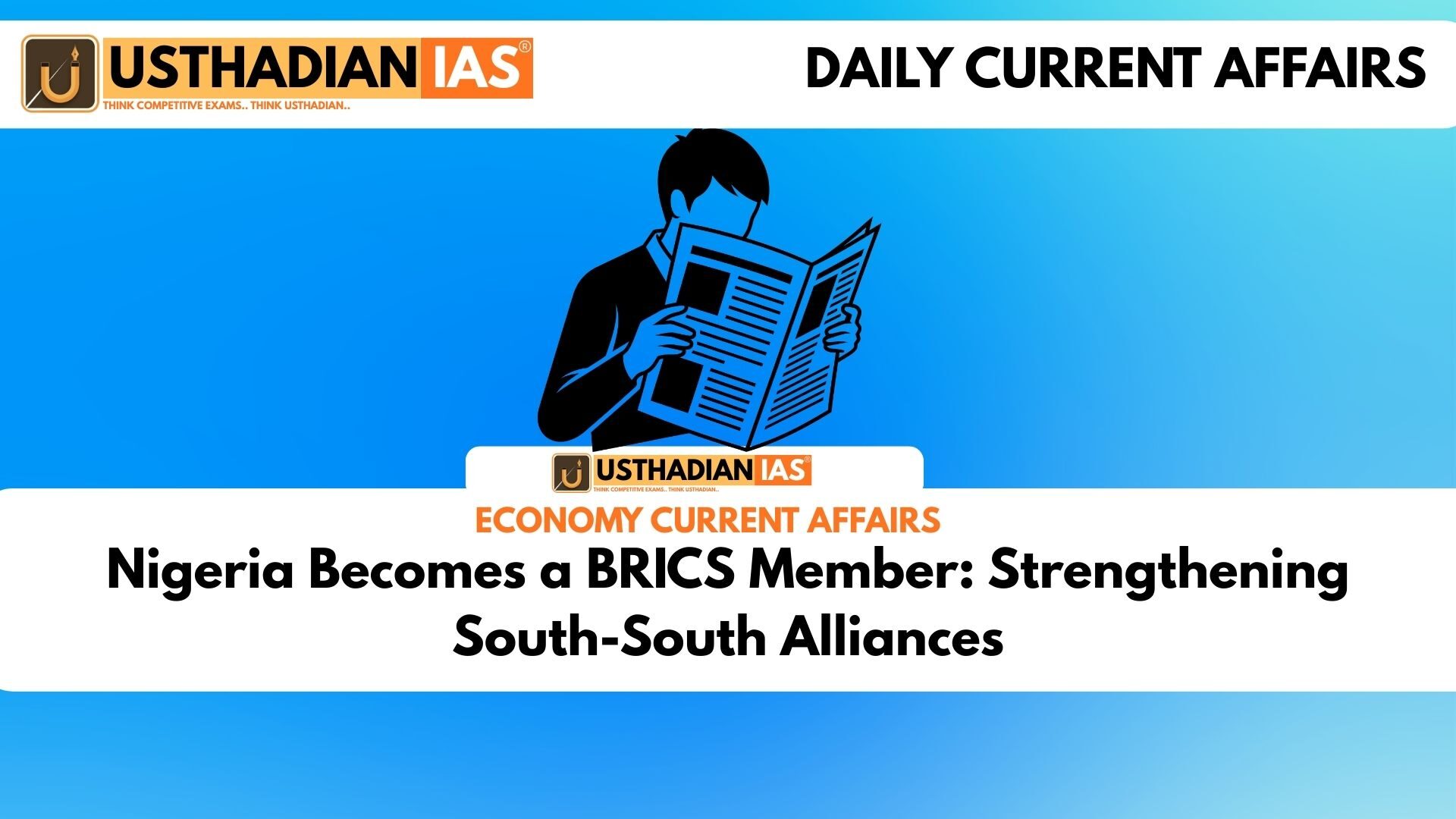A New Milestone for Nigeria on the Global Stage
Nigeria Becomes a BRICS Member: Strengthening South-South Alliances : In a landmark diplomatic development in early 2025, Nigeria officially joined BRICS, entering the influential economic grouping that includes major emerging powers. As the largest economy in Africa, Nigeria’s inclusion is a pivotal moment for both the country and the broader Global South, signifying a renewed push for equity in global economic decision-making.
The Evolution of BRICS
Initially established in 2009 by Brazil, Russia, India, and China, the BRICS coalition expanded in 2010 with the inclusion of South Africa, forming a bloc aimed at reshaping global economic governance. BRICS advocates multipolarity, championing reforms in international institutions such as the IMF and World Bank, and provides a counterbalance to Western-dominated entities like the G7.
A Broader Alliance: Growing Reach and Diversity
Following its expansion in 2023 to include Iran, Egypt, Ethiopia, and the UAE, the BRICS group now welcomes Nigeria as its 9th member. This strengthens BRICS’ representation across continents and enhances its relevance in global policy discussions. Nigeria, with over 200 million citizens, vast oil reserves, and a growing digital economy, reinforces the group’s strategic foothold in West Africa.
Strategic Gains for Nigeria
By joining BRICS, Nigeria gains access to collaborative platforms such as the New Development Bank (NDB), which funds major infrastructure and sustainable development projects in emerging nations. The country also stands to benefit from greater trade flows, investment opportunities, and technological partnerships with member countries, boosting economic growth and regional integration.
Moving Away from Dollar Dependence
A key ambition of the BRICS framework is to promote trade in local currencies and reduce reliance on the US dollar. With Nigeria’s entry, this initiative receives fresh support from Africa. As geopolitical uncertainties rise, BRICS members are collectively exploring new payment mechanisms, with an eye on creating financial alternatives to traditional Western systems.
Strengthening the Global South’s Voice
The 15th BRICS Summit (2023) emphasized inclusive multilateralism, and Nigeria’s membership aligns with that vision. With Nigeria’s participation, BRICS gains not just economic weight but also a stronger African perspective in shaping policies related to trade, climate change, and international security. This aligns with the bloc’s mission to empower emerging economies and ensure fair representation on global platforms.
Balancing Diversity Within BRICS
Despite its expanding influence, BRICS must navigate internal political differences. Tensions between India and China, and Russia’s global positioning, pose challenges to unity. As the group grows, creating common ground among diverse economies will be crucial. Yet, this very diversity may also lead to more balanced, representative dialogue, providing a roadmap for peaceful and productive global cooperation.
Static GK Snapshot
Nigeria Becomes a BRICS Member: Strengthening South-South Alliances :
| Topic | Fact |
| Original BRICS Formation | 2009: Brazil, Russia, India, China |
| South Africa Joined | 2010 |
| Nigeria’s BRICS Entry | 2025 (as 9th member) |
| 2023 BRICS Expansion | Iran, Egypt, Ethiopia, UAE added |
| Major BRICS Objectives | De-dollarization, South-South cooperation, global reform |
| 15th BRICS Summit Theme | Sustainable growth, fair multilateralism (2023) |








